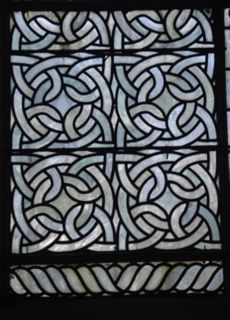Hanneke gave me the book ‘ Sleepwalkers’ for Christmas. It is a story about the way Europe sleepwalked into the First World War. La Grande Guerre as the French remember it, basically through the memorials in every village or city centre with the names of of all the young boys that were killed in this cruel war.
Christopher Clark, the author, is an Australian historian. Like scores of other people – journalists, historians, he uses the centenary of the beginning of the War, to write down some new insights. I have hardly finished one fifth of the book – committing myself to 50 pages a day – but I do realize this is a special book. As far as I understand now, there will be no actual fighting in this book. It is just trying to grasp the state of mind of Europe at the beginning of the war, at around 1914.
The story starts in Serbia, Belgrade at the beginning of the 20th century. And with such violence that one is suddenly prepared for the atrocities of the Grande Guerre.
The amazing thing of the book is that one reads about the First World War, but it also gives some relevant background to the more recent problems within the Balkan.
Clark’s main challenge is to make clear that an eruption in a far corner of Europe – the killing of crown prince in Sarajevo (Bosnia), was enough to spark a conflict that was more deadly and more cruel that any war before, anywhere.
It seems like there is no single country to blame. The Germans got all the blame, of course, afterwards, and probably deserved most of it, although Keynes realised all this blaming was causing another world conflict. But none of the other countries involved (UK, France and Russia) is left without some reason to not be very proud of its heritage.
This is recent history. My grandparents lived through this conflict, although Holland, luckily, managed to stay neutral.
But the I have to think of the Americans joining in. Led by the sensible am]and sensitive president Woodrow Wilson. If Roosevelt would have beaten him in 1912, the Americans might not have waited to enter the war until they were forced in, but would have striked earlier, and would have changed history.
Ultimately history is about (economic) power. Or about battles about economic power. And it is, of course, about violence. The violence shapes the memory, the economic power the result. Every war, it seems to me, can be explained this way. Even Clark’s story, not wanting to get into the conflict itself, can be read this way.
It makes fascinating reading. Trying to make the complicated Balkans seem intelligible is difficult enough. But then, trying to make human beings understand – and accept – the atrocities of the First world war is a challenge of an even higher level.
But then. These horrific fights are not the exception in history, they are the rule. Just by getting more and more horrendous, wars become more and more despicable, until the moment where we can not allow ourselves the luxurious outlet (of energy, of disapproval) of war anymore.
28 dec

Share


Leave a Reply